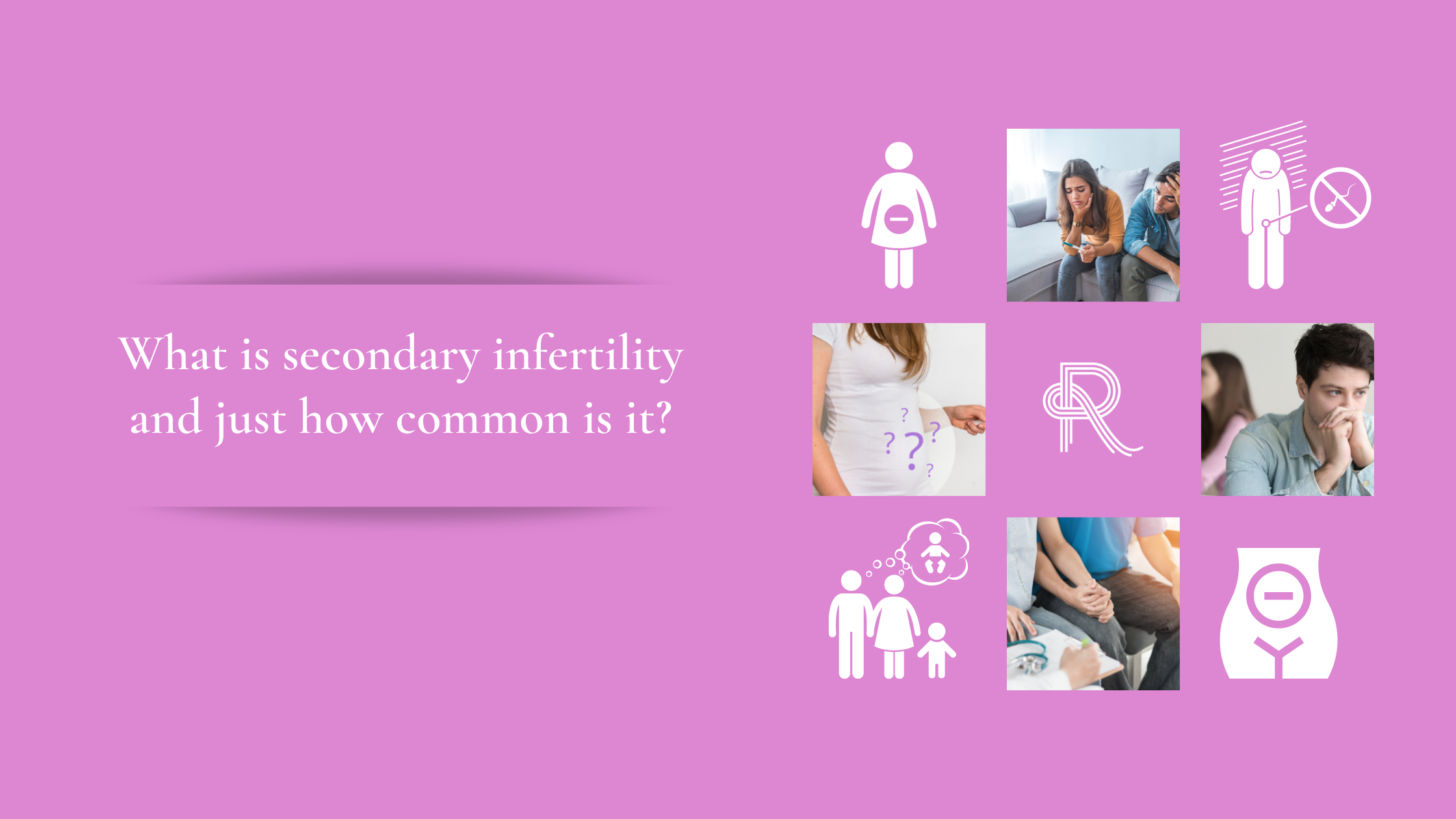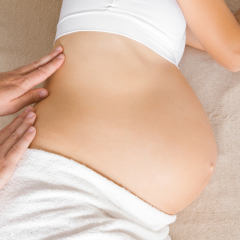
Secondary Infertility is a little-known issue but it means the general inability to conceive again after a successful pregnancy and birth. Most people think that if they have had one child they will be able to conceive again especially if conceiving their first child was straightforward. However, roughly one in six couples encounter infertility and it is estimated that secondary infertility accounts for 60 per cent of fertility cases in Ireland.
Secondary infertility can be surprising and stressful. If conceiving your first child was straightforward, it can be unnerving and upsetting to run into issues while trying to get pregnant a second time.
If you encounter secondary infertility, there is no reason to panic but there can be a number of reasons for having difficulty conceiving.
What can cause Secondary Infertility?
Age is very important because women are born with their full egg quantity. Egg quality starts to significantly deteriorate after the age of 35 so if you are trying to conceive after this age, you may be having some issues.
There could also be complications related to a prior pregnancy or surgery, for example damage to fallopian tubes, a previous caesarean section or an ectopic pregnancy. Ovulation disorders, endometriosis, PCOS, fibroids, overactive thyroid and uterine conditions in women can all cause fertility issues.
Risk factor changes for you or your partner, such as diet and lifestyle factors or use of certain medications can also alter fertility or in some cases there might be a male factor involved either impaired sperm production, function or delivery.
Also, keep in mind that sometimes there is no reason for it. It just takes a bit longer to get pregnant the second time.
What should you do if you are having difficulties?
There are lots of reasons to stay positive so don’t panic. The fact that you have conceived before – while confusing and frustrating – is in your favour. Sometimes it just takes a little longer to get pregnant again.
Look at your diet and lifestyle, changing things like reducing alcohol intake, stopping smoking or changing medication might really help.
Talk to your GP, if you are having continued difficulty. They can do a health review - as well as checking that you are producing eggs and your partner is making enough strong and healthy sperm, your doctor will want to know what else could be affecting your fertility, like PCOS, fibroids and endometriosis will be investigated along with some basic fertility tests. Based on these results, your doctor may advise referral for more specialist tests if warranted. If there is an ovulation issue, you may be prescribed medication, often oral tablets to address this without undergoing anything invasive. There are several treatment options that are available so if you have been referred to a specialist, they will give you the best advice and the treatment route that you will take very much depends on the type of fertility issue you experience.
Many couples who suffer from secondary infertility speak of the silent stigma that surrounds it. Lots of people feel that they should be simply happy with the child that they already have, but that doesn’t mean you can’t grieve for the second child you couldn’t conceive or feel sad for your child who may never have a brother or sister. You might also be getting careless comments from people about when to expect a sibling. Allow yourself to acknowledge the pain and cast away feelings of guilt and try not to get overly stressed, which is easier said than done but it will help no matter what treatment you need to undertake.
If you would like to make an appointment or would like more information then please go to https://repromed.ie/













